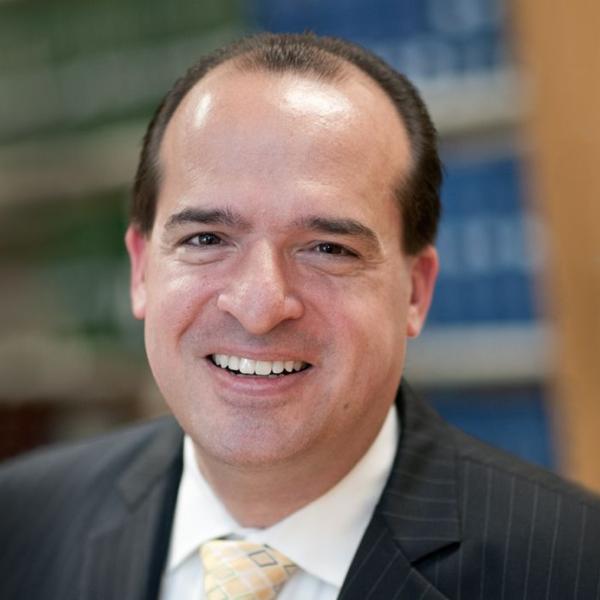The Anatomy of Nonprofit Control of Business Enterprise
Key Finding
Nonprofits owning businesses: Study calls for legal reforms to balance financial sustainability and mission integrity, contrasting U.S. and European models
Abstract
Nonprofit control of operating businesses has long been a feature of European corporations such as Novo Nordisk, Ikea, Carlsberg, and Rolex, which are governed by enterprise foundations—nonprofits with charitable missions explicitly permitted to hold controlling stakes in businesses. In the U.S., nonprofit control is becoming more prominent due to recent legal developments, with companies like Patagonia and OpenAI now under nonprofit ownership. Despite this growing interest, the economic rationale behind nonprofit control remains poorly understood: why would nonprofits with social missions choose to control businesses that sell products and services?
We identify two primary models of nonprofit control. The income-generating for-profit is controlled by a nonprofit to generate funding for its charitable mission, ensuring steady long-term cash flows and mitigating systematic risk. The socially-oriented for-profit is controlled to ensure the operating business adheres to the nonprofit’s mission. Unlike simplistic accounts that treat all nonprofit-controlled businesses as uniformly purpose-driven, our analysis clarifies the benefits and risks of these models and provides a framework for evaluating legal regimes governing them.
Our comparative analysis of legal systems in Europe, the U.K., and the U.S. highlights significant differences in how nonprofit control is regulated. European and U.K. laws support income-generating for-profits through enterprise foundations and trading companies while incorporating oversight to ensure socially-oriented for-profits remain mission-driven. U.S. law, by contrast, imposes strict limits on private foundations while allowing other nonprofits to control businesses with few safeguards against outside investor influence.
We propose an optimal legal framework to facilitate income-generating for-profits where mission-drift risks are relatively low while imposing stronger safeguards on socially-oriented for-profits to prevent outside investors from undermining their social missions, as seen in the recent OpenAI controversy. Rather than focusing on independence from donors or founders, legal reforms should prioritize independence from investors with economic interests in the for-profit subsidiary. Our proposal ensures that nonprofit-owned businesses remain both financially sustainable and committed to their stated social purposes.








